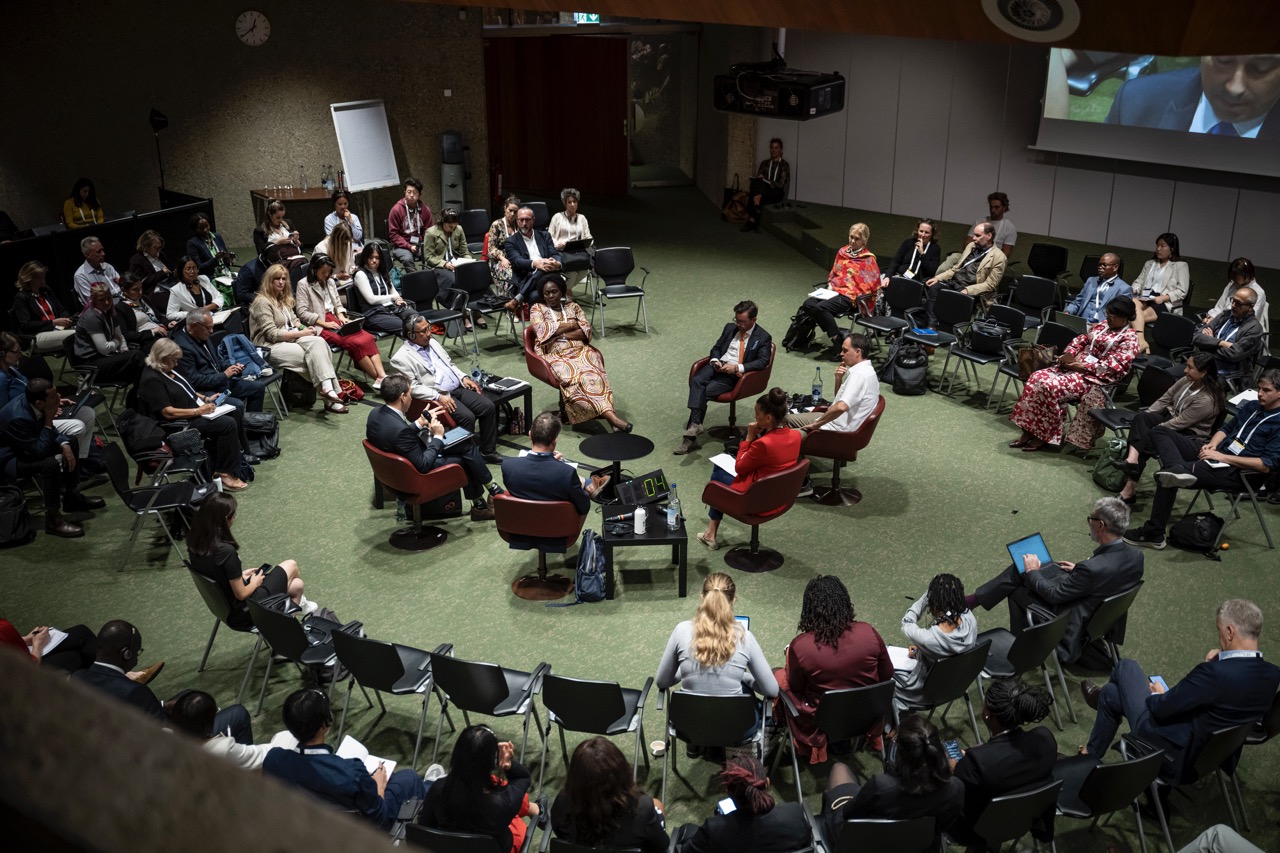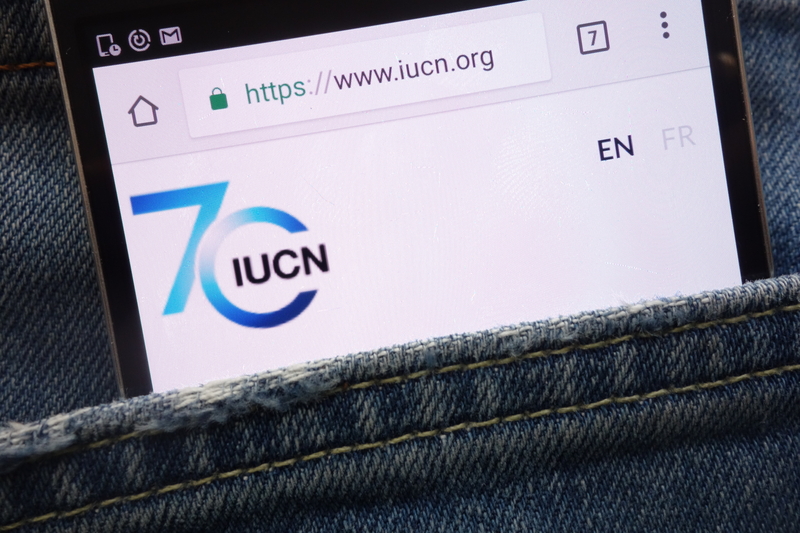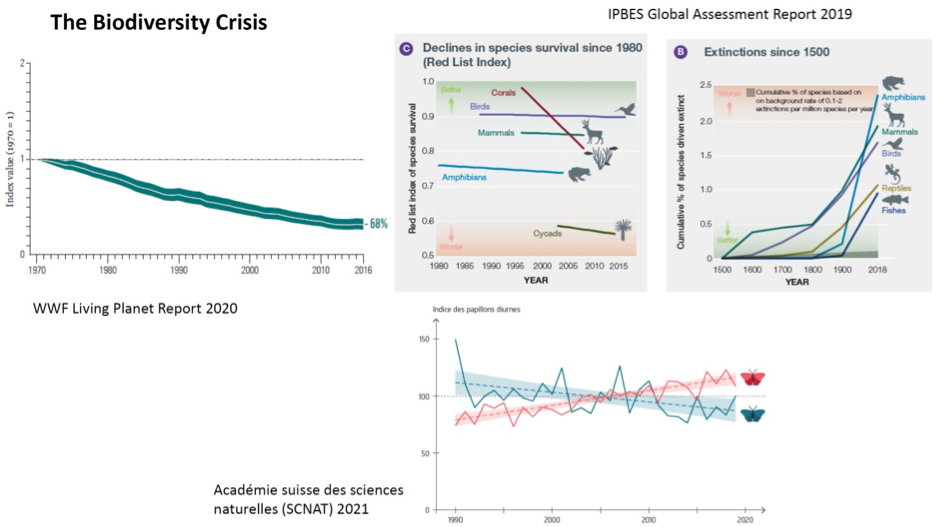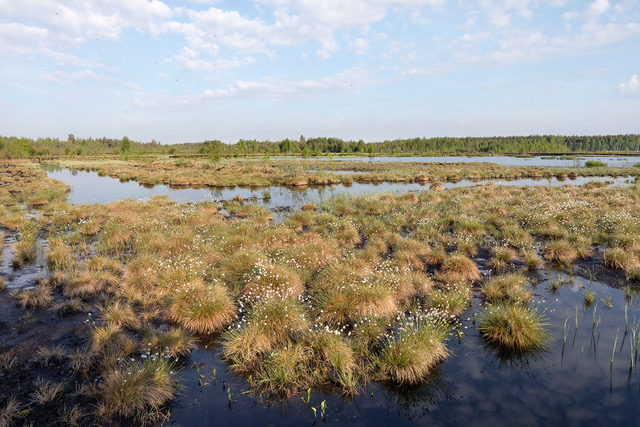In the IUCN-UNIL partnership, we regularly collaborate on research. This includes mentoring students on research projects, writing project proposals together, and having IUCN staff as associated researchers.
-

Une étudiante en Master de géographie (FGSE) en stage à l’UICN
Par Lorraine Hamon Avant cette expérience, jamais je n’aurais imaginé…
-

UNIL-IUCN Internship
Written by Max Müller My time at IUCN was marked…
-

Unblocking the flow of biodiversity data for multi-stakeholder environmental sustainability management
This exciting cross-disciplinary, multi-stakeholder collaborative project aims to unblock the…
-

Biodiversity restoration: local projects under scrutiny
14 March 2022 This Spring (2022), a new collaborative applied…
Biodiversity Flows
25 October 2023
Meet the “Biodiversity Flows” project team, a UNIL-IUCN collaboration. Watch their interviews:
